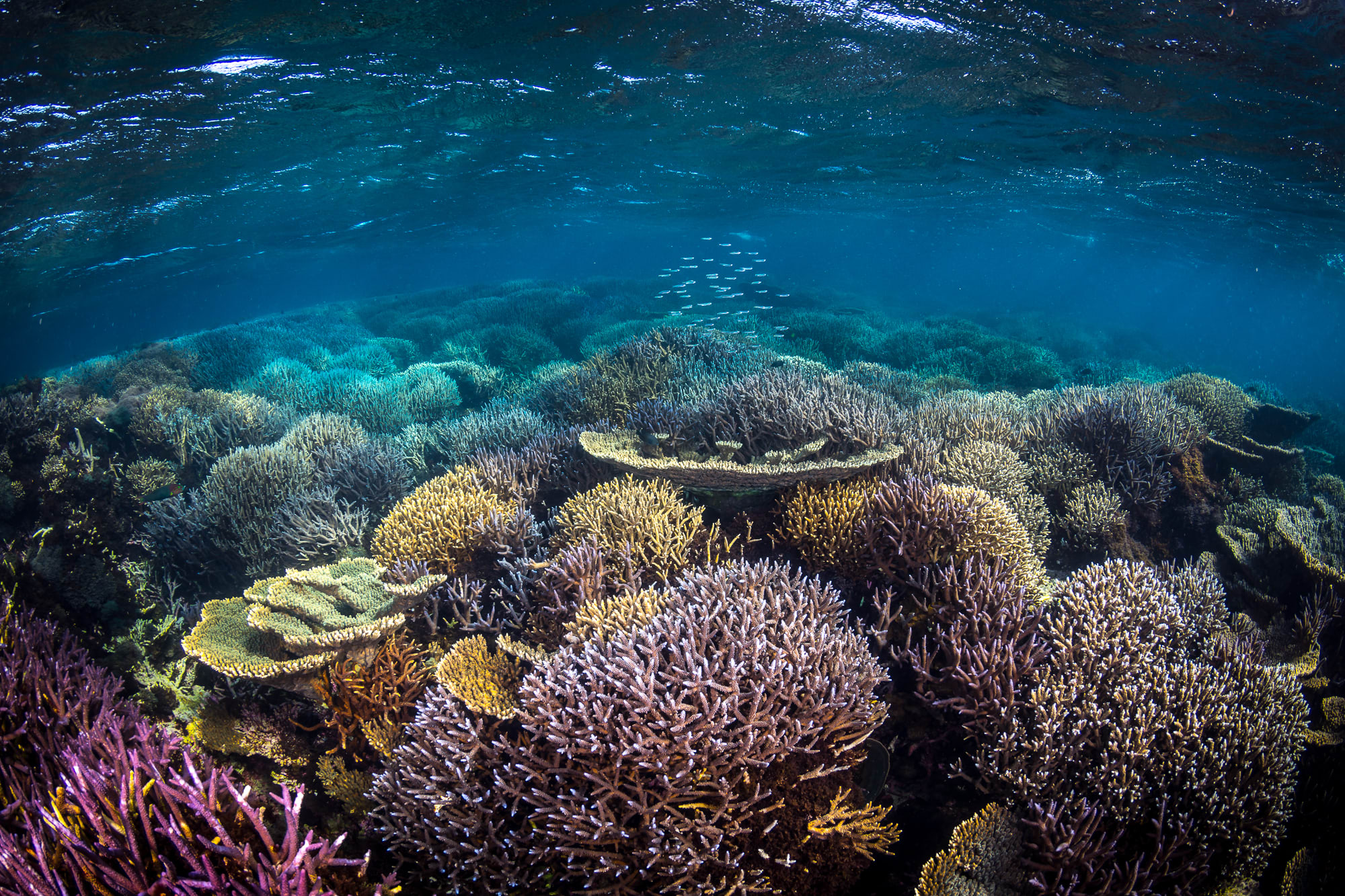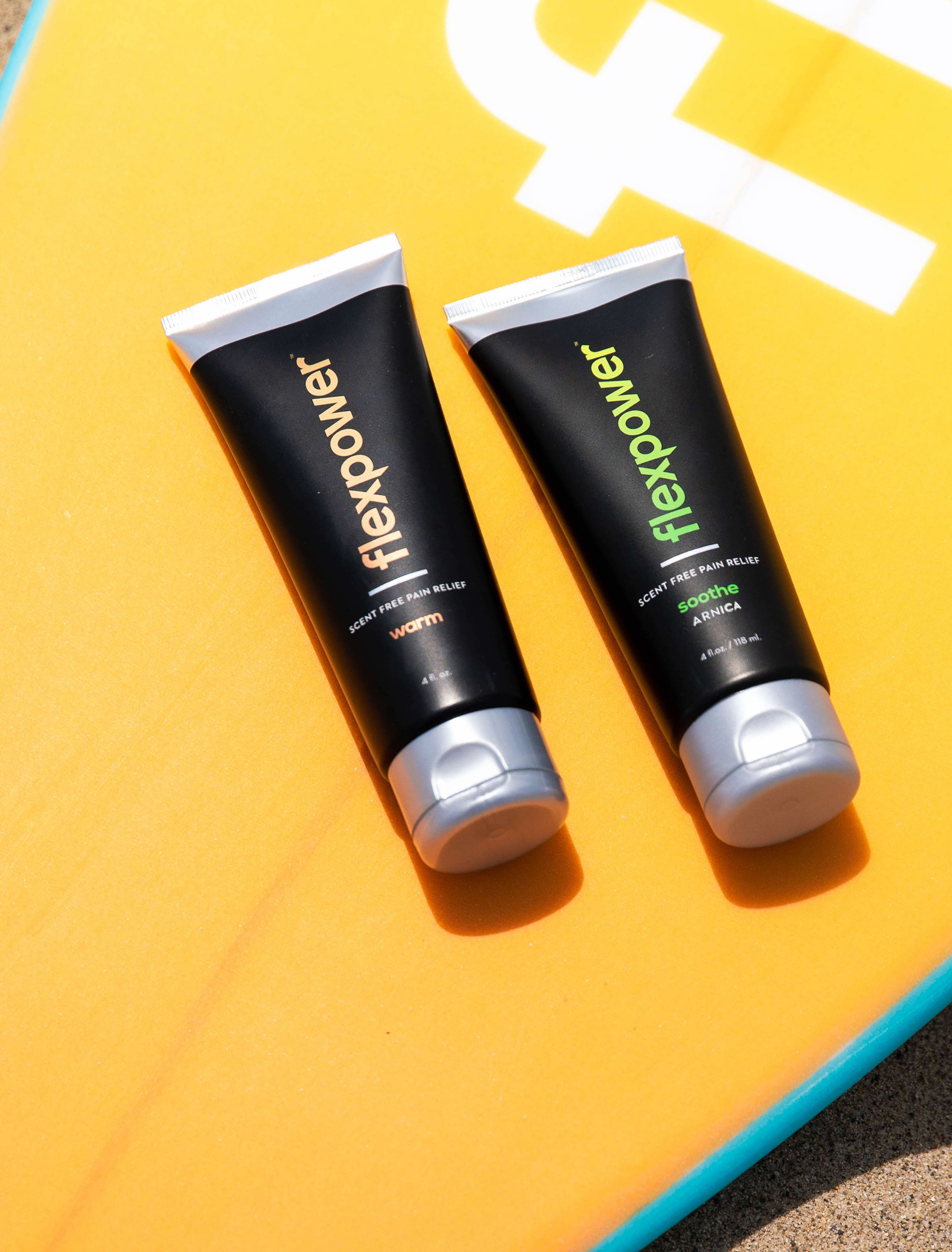
What Does “Reef Safe” Sunscreen Mean and Why Is It So Important?
You may not have “sunscreen” high on your list of environmental threats, but you should. Here’s how a little awareness can make all the difference for our oceans.
When you think of environmental threats, it’s natural that your mind tends towards the large and visible. Smoke stacks belching dark gray plumes into the sky. Islands of plastic gathering on the ocean surface. The decimation of large swathes of rain forest. But you would never suspect that something as small and routine as applying sunscreen for a day at the beach could also have far-reaching - and damaging - consequences.
It’s become such an important issue, that starting in December 2021 the state of Hawaii began the process of issuing a ban on all non-mineral sunscreens, and terms like “Hawaiian reef safe” or simply just “reef safe” entered the vocabulary to identify sun protection that did not contain damaging chemicals that kill marine life and contribute to the declining health of our planet.
How did we get here, what can you do to help, and how can we all do a little better to protect more than just our own skin? Here’s a quick explanation.
Opposite Effects
In May 2018, Hawaii became the first state to propose a bill banning certain types of sunscreen. The reason? It was discovered that some of the active ingredients in most commercial sunscreens – in particular, oxybenzone and octinoxate – were harmful to coral reefs and other marine life.
The ironic thing is that what oxybenzone and octinoxate do for the human skin is the exact opposite of what they do to coral – on us, they help convert harmful UV rays into simple heat, which warms us up without causing sunburn. However, they actually decrease coral’s ability to defend itself against damaging sun-bleaching. Without a natural defense against sun-bleaching, coral are more susceptible to other environmental hazards such as water pollution, rising sea temperatures, and even certain types of coral diseases.
According to a Science Daily report, it’s estimated that up to 14,000 tons of sunscreen enter our marine environments every year (comprised of a mix of residue washed off of beach-goers’ skin and waste from treatment plants). Even after you leave the beach, the sunscreen you shower off washes down the drain, and makes it way to the ocean. In addition to harming coral reefs, studies have also found that chemicals like oxybenzone and octinoxate are also damaging to fish, marine invertebrates, marine mammals and potentially even humans. There is even a push within the FDA to classify these chemicals as Schedule II Substances, which is a classification for controlled substances that have a high probability of abuse (this classification would also put stricter regulations around the use of oxybenzone and octinoxate in cosmetic products).
What Can You Do?
Honestly, reading articles like this is a great start. All kidding aside, a lack of awareness around the invisible environmental harm (and the possibly damage to your own health) posed by sunscreen is part of the problem. Once the impact is acknowledged, you can start to pinpoint red flags the same way you would when shopping for cosmetics, food, or clothing.
Obviously, oxybenzone and octinoxate should be firmly etched in your mind so that if you see them on an ingredient label, you can immediately put that particular sunscreen back on the shelf. And if you’re concerned you won’t get the same level of UV protection without them, you can rest easy.
Natural elements such as Zinc Oxide provide excellent UV protection, without the environmental impact. And when mixed – in the case of FlexSun Mineral – with other natural, pro-skin ingredients like Aloe, Argan Oil, Coconut Alkanes, Turmeric, and Vitamin E, you have the added benefit of actually healing and soothing your skin as you protect it (not to mention you don’t have any thick, greasy white residue caking your skin and leaving oil slicks in your wake as you paddle out into the surf).
Although there is currently insufficient evidence to suggest that oxybenzone and octinoxate are harmful to humans, many commercial sunscreens can contain elements that are. So being a more educated consumer can have dual benefits - for the earth and for your own body.

